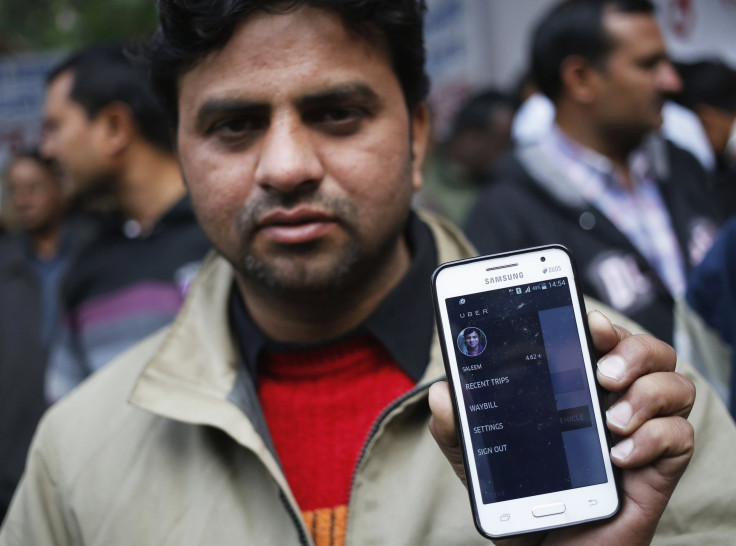India Asks ISPs To Block Internet Access To Rideshare Upstarts Uber, Ola

India’s Telecommunications Department has told Internet service providers in the country to block access to the websites of cab-hailing app companies Uber Technologies Inc., TaxiForSure and Ola Cabs in the capital city of New Delhi. TaxiForSure, based in Bangalore, was acquired this year by Ola’s parent ANI Technologies Pvt. Ltd., headquartered in Mumbai.
The news first appeared in a report by the Press Trust of India (PTI) Thursday that was carried by the Times of India Friday. However, all the relevant websites were accessible Friday, with the Internet Service Providers Association of India citing “technical difficulties” as hindrances in compliance with the government order, PTI reported.
Uber and its local competitors were first banned in New Delhi in December after an Uber passenger in the city charged she had been raped by her driver. Since then, the cab-hailing app companies all have said they have taken steps to boost passenger safety and to secure licenses under the country’s existing radio-taxi laws.
The ban had proved ineffectual in implementation as, by and large, the companies have continued to operate as usual, even introducing new services. In India, Uber and Ola app users can hail not only cabs but also three-wheeled autorickshaws, which constitute a popular mode of transport for the urban middle class.
The proliferation of smartphones around the world has led to the rise of cab-hailing app startups, which have seen their valuations skyrocket as big-ticket investors such as Goldman Sachs Group Inc. and the SoftBank Corp. back them.
With its penetration of cars for personal transport in the low single digits, percentagewise, India is a market where demand for reliable options is seen to be in the area of $10 billion. And it is growing rapidly, as public-transportation services are overburdened and unable to meet the population’s requirements.
However, safety and regulatory concern remain unresolved. Meanwhile, Uber has faced bans, litigation and protests in other parts of the world, too, even in advanced markets such as South Korea.
© Copyright IBTimes 2025. All rights reserved.




















